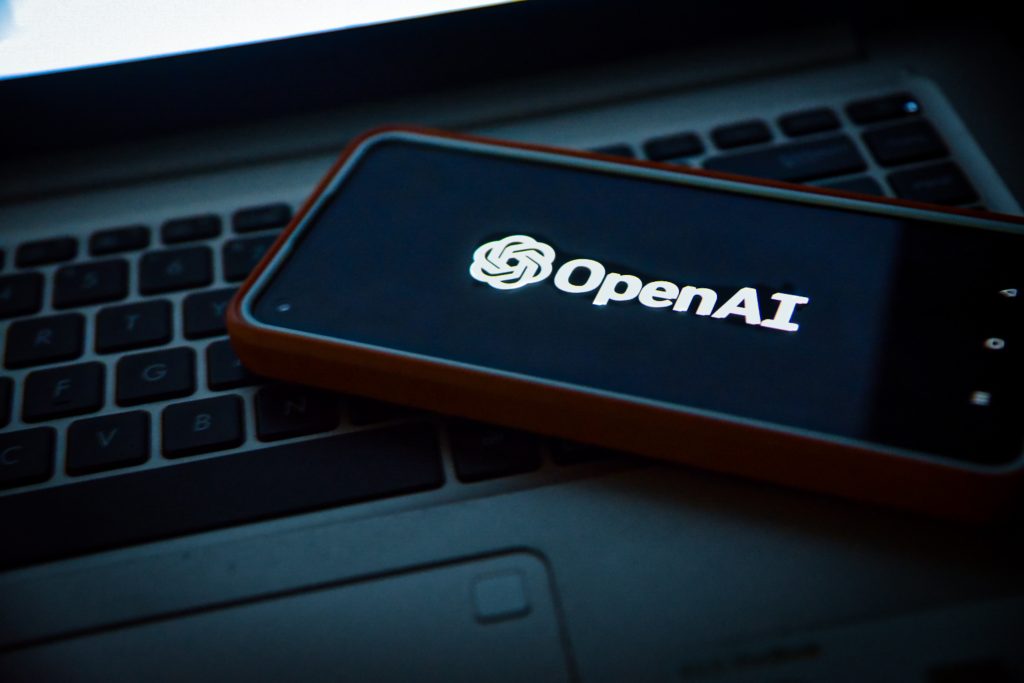In the vein of corporate shake-ups that could easily inspire a dramatic miniseries, Sam Altman made a triumphant but complex return as CEO of OpenAI, mere days after an abrupt ousting commanded by the organization’s board. The circumstances surrounding this leadership volte-face are not only indicative of the power dynamics within cutting-edge tech companies but also of the growing pains faced by organizations at the intersection of nonprofit ideals and profit-driven ambitions.
The Boardroom Shuffle
The board, which stunned the AI world with Altman’s dismissal, agreed on a deal late Tuesday to restore Altman to the chief executive role. However, the deal fell short of Altman’s alleged intentions for a clean-slate board and a seat for himself within this governing body. Instead, the new board will include influential figures such as Bret Taylor, former co-CEO of Salesforce; Larry Summers, former Treasury secretary; and Adam D’Angelo of Quora, the sole survivor from the previous board.
The Pledge for Governance Reform
This interim board will face the immense responsibility of selecting directors for an expanded governance group and is expected to investigate sweeping changes to OpenAI’s governance model. Investors and executives are reportedly keen on implementing new checks and balances that could prevent sudden executive dismissals and the potential erosion of billions in business value. Such changes would challenge the current company charter, which prioritizes the development of AI beneficial to humanity above profit considerations, a core ethos for OpenAI.
Altman’s Reinstatement: Symbolism and Substance

Sam Altman’s return as CEO materialized with the backing of Microsoft, OpenAI’s major corporate partner, which has itself invested an astounding $13 billion into the partnership. Altman is revered by many of the company’s employees, whose stock valuations have skyrocketed recently, partly due to the success of ChatGPT. The potential for revising OpenAI’s board and governance structure under the new directors could signal an opportunity for Altman to safeguard his leadership position moving forward—albeit from a seemingly compromised stance that excludes him from the board.
Independent Investigation and the Path Forward
Both Altman and the previous board have consented to an independent inquiry into the accusations surrounding Altman’s conduct and the board’s decision to oust him. Although the specifics of the investigation haven’t been released, this probe follows board claims of Altman’s lack of candor in communications. The resolution to these assertions will no doubt have lasting implications on OpenAI’s internal trust and external perception.
Microsoft’s Stakes amid the Unrest
As the largest financial backer and a key beneficiary of OpenAI’s advancements, Microsoft found itself in a precarious position following the board upheaval. Previously not represented on the board, Microsoft must now reevaluate its strategic partnership with OpenAI, juggling the need for corporate oversight with the inherent risks tied to OpenAI’s mission-centric operational ethos.
Venture Capital, the Nexus of AI and ROI
Venture capital firms, including Thrive Capital and Khosla Ventures, with vested interests in OpenAI’s commercial success, are at a pivotal juncture. Investor faith was tested as the potential $86 billion valuation of shares was frozen post-Altman’s dismissal. Now, with Altman back in the saddle, these stakeholders are looking forward to the possibly lucrative stock sales that hinge on the company’s continued trajectory of growth and innovation.
Employee Advocacy—A Defining Force
More than just background players, OpenAI’s employees proved integral to the narrative, with over 95% of the workforce threatening to resign should Altman not be reinstated. The palpable unrest underscores not only the organizational culture OpenAI has fostered but also the significant financial stakes employees have in the company’s prosperity, thanks to their shareholdings in a firm whose market value has been rapidly climbing.
The Future Awaits
As the dust begins to settle, the reconstituted OpenAI board faces the daunting task of not only steering the company through its latest storm but also laying down the framework for a future where governance aligns with ethical AI development—even as it grapples with the desires of investors, evolving employee expectations, and the business imperatives of its major industry partners. It’s clear that in the evolving landscape of AI, the intricacies of
leadership, ethics, and profit coalesce to form a narrative that, as this latest episode illustrates, is ripe with complexity and contention. As OpenAI treads this delicate balance, it must remain true to its foundational mission: to ensure the fruits of AI are beneficial to humanity at large, a tall order within an ecosystem inexorably drawn toward commercial success.




